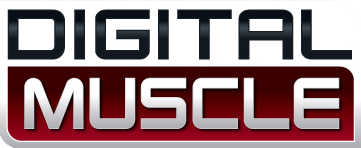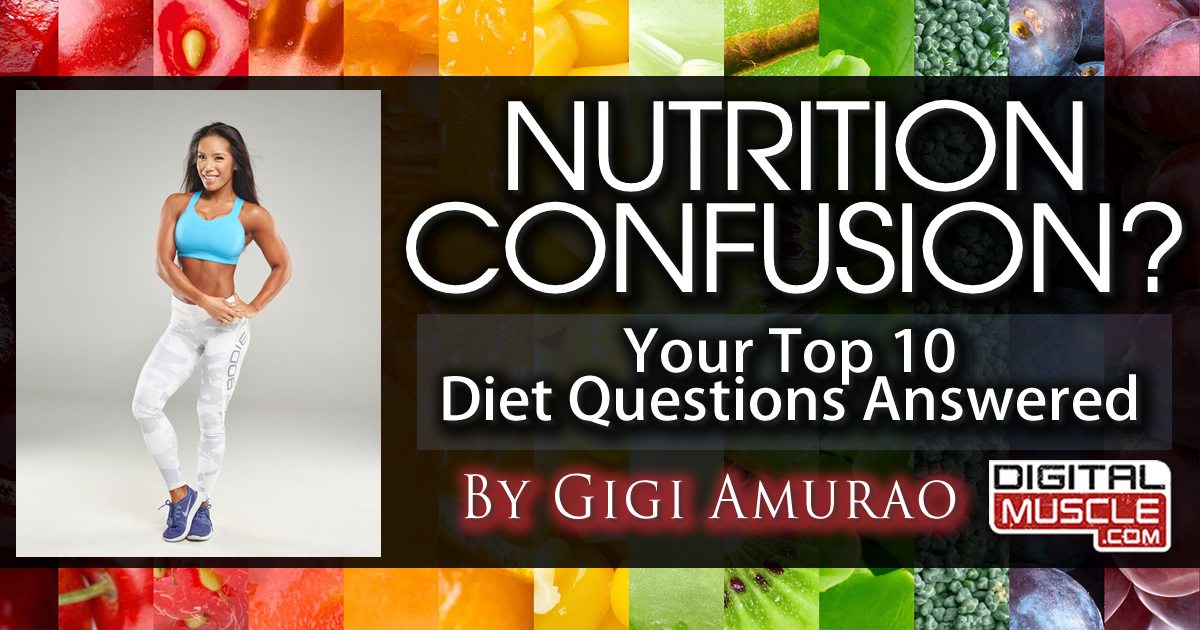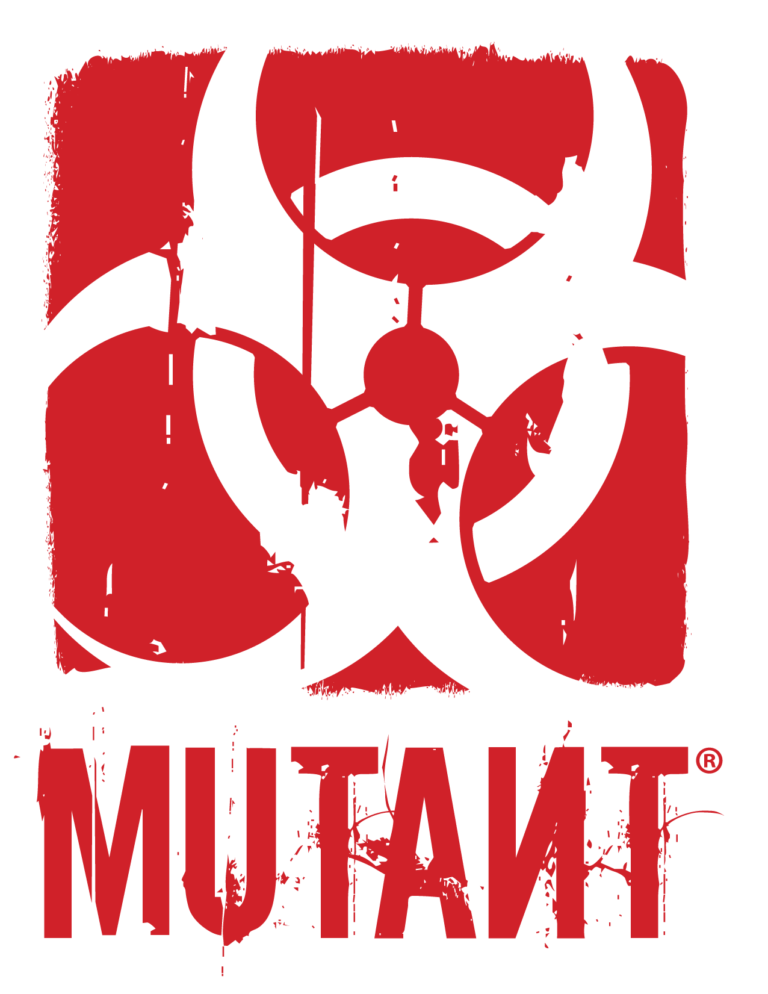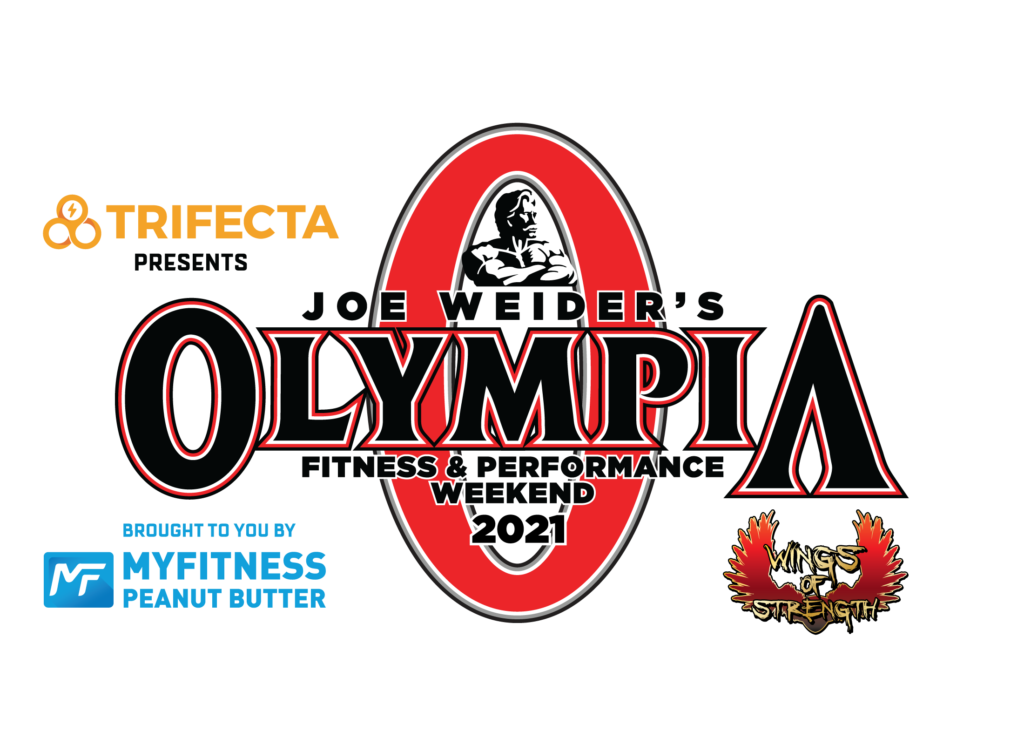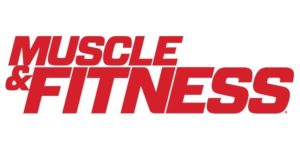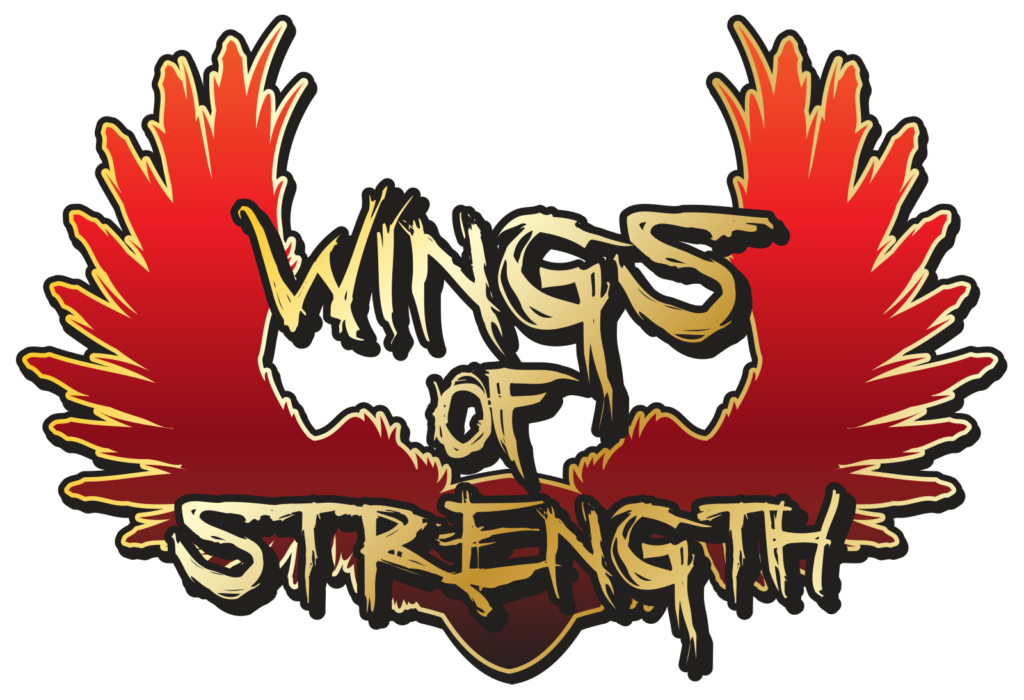By Gigi Amurao
 Paleo eating, juice cleanses, detox diets, calorie counting, low-carb and how to get six-pack abs—as a personal trainer and coach, I get questions regarding nutrition from all sorts of people, from athletes to middle-aged men and women who want to better their health to physique competitors. Often, it’s tough to give a clear-cut answer, as no two people are alike, and there’s no one-size-fits-all answer to any question. For example, an answer for a young college athlete could be detrimental to a 35-year-old mom who has never worked out. Even so, there are general answers and strategies that you can use and adapt according to your specific issues.
Paleo eating, juice cleanses, detox diets, calorie counting, low-carb and how to get six-pack abs—as a personal trainer and coach, I get questions regarding nutrition from all sorts of people, from athletes to middle-aged men and women who want to better their health to physique competitors. Often, it’s tough to give a clear-cut answer, as no two people are alike, and there’s no one-size-fits-all answer to any question. For example, an answer for a young college athlete could be detrimental to a 35-year-old mom who has never worked out. Even so, there are general answers and strategies that you can use and adapt according to your specific issues.
1) I’ve never dieted before, and the idea of eating whole foods is confusing. Where do I begin?
If you’re new to clean eating, my first suggestion is to pinpoint your deficiencies and remove bad habits. You don’t need to go crazy and cut everything at once; just fix your major nutrient and vitamin deficiencies. That means, make sure you get enough protein, vitamins, minerals, and healthy fats daily—and more water. In addition, you should start removing junk and processed foods.
Start out slowly. Pick your biggest limiting factor—a behavior that you know is getting in the way of your goals—and eliminate it. Then add new behaviors to eliminate, one at a time, as you’re capable of handling it.
2) What’s the best diet to follow?
This question is tough, and to be honest, I don’t have a good answer for it; so I stay neutral. All diets have their pros and cons. Every diet is different, and what works well for you won’t work well for someone else. The best diet is the one that matches your unique physiology and that you enjoy enough to follow consistently.
3) Should I count calories?
As the saying goes, eat more calories than you burn, and you’ll gain weight; eat fewer calories than you burn, and you’ll lose weight.
It sounds easy, but counting just calories alone isn’t the answer. For one thing, it’s never accurate. The nutrition listings on food labels can be as much as 25 percent off, as can the calorie-expenditure estimates on cardio machines.
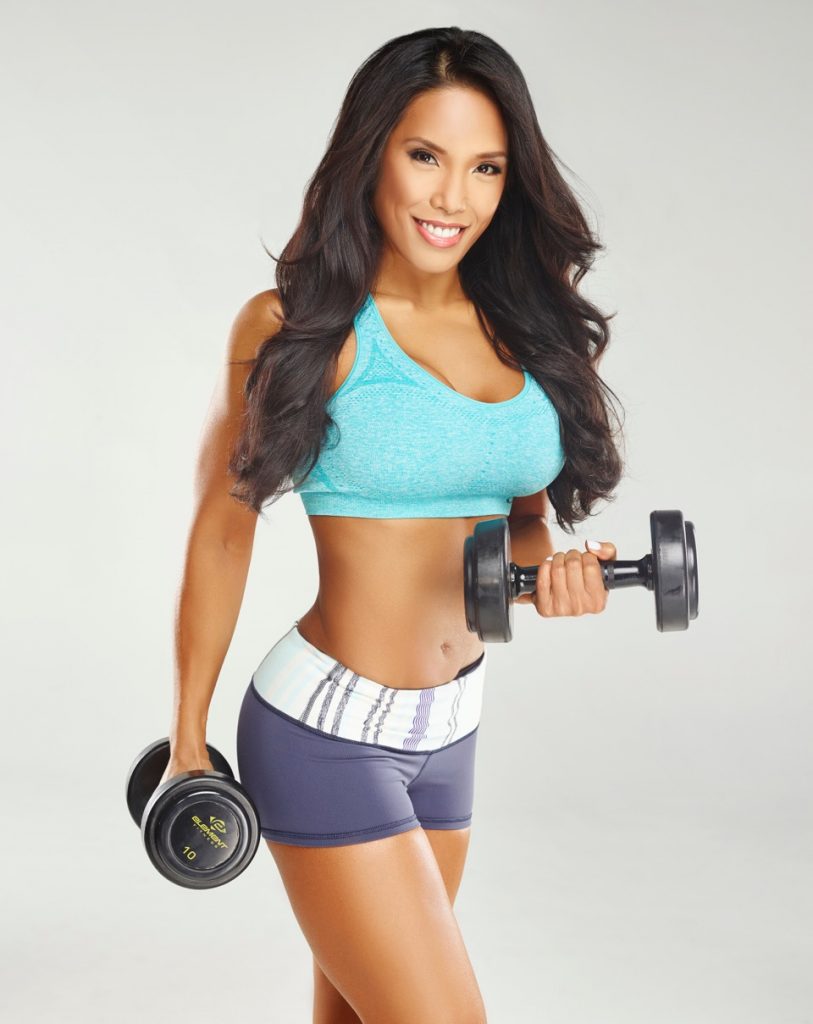
Your long-term success relies on developing good eating habits. So, unless you’re getting ready for a competition, counting and measuring your food can be annoying. Instead, I recommend practicing portion control. Use your hand to measure your macro portions: your protein portions are the size of your palm; your veggie portions are the size of your loosely closed fist; your carb portions are the size of your cupped hand; and your fat portions are the size of your thumb. This easy method will help control your calories and get your macronutrients lined up, without your having to break out the scale or log onto Myfitnesspal. I posted a more detailed blog on this subject recently and also one on how to figure out how much you should eat.
4) Everyone says I should avoid carbs in order to lose weight. Is that true?
Ask almost any fitness professional or nutritionist how to lose weight, and the answer will probably be, “Cut back on carbs.” While that is somewhat true, it all depends on whom the advice is for. Low carbs and no carbs don’t work for everyone, but most people will fare better eating moderate amounts of quality carbs, such as whole grains, fruit, potatoes, sweet potatoes, beans and legumes.
How much carb you need depends on your activity level, goals, and genetics. Bottom line: carbs are not fattening and they are not the enemy, particularly nutrient-dense carbs from whole-food sources.
5) Should I follow a gluten-free diet and avoid eating grains?
It’s funny. A decade ago, eating whole grains was the healthiest thing you could do. Fast-forward to the present, and everyone seems to be going gluten free.
Grains aren’t bad for you—although you don’t need to eat them to be healthy—but unless you have celiac disease or an intolerance, there’s no need to avoid them either. I’ve noticed that most people follow a healthier diet if they allowed themselves grains in reasonable amounts, along with a wide variety of other nongrain carb sources like fruit, potatoes, sweet potatoes, and beans.
The idea is to follow a diet that you can do consistently, over time and that gives you the best results, regardless of what type of diet it is. And unless you’re allergic or intolerant, there’s no reason to exclude foods that you enjoy.
6) What should I eat to get six-pack abs?
To answer this one, you first have to ask yourself if getting six-pack abs is really what you want and you’re prepared to do whatever it takes.
It’s a much bigger task than most people realize, and getting to a point of leanness that you can see a six-pack—less than 8 percent body fat for most men and less than 12 percent for most women, comes with trade-offs. For example, you need to limit severely alcohol, processed foods, and desserts. That makes it hard, as most social activities and outside hobbies revolve around food and alcohol.
Still, if you’re up for the challenge and really want to get a six-pack in the healthiest way possible, I suggest you follow these rules:
- Make sure you’re eating protein and vegetables at every meal.
- Include healthy fats at most meals.
- Eat a small amount of carb pre- and postworkout, and limit carbs at all other meals.
- Make sure you do your cardio and strength-training routines intensely at least 4-5 times per week.
- Get at least 8 hours of sleep each night, and drink at least a gallon of water a day.
- Unless you plan on competing, dieting to get six pack abs isn’t worth the trouble, in my opinion. I’ll settle for being moderately lean and healthy without giving up all the things I enjoy, but that’s me.
7) I’ve heard that I should be eating around my workouts. Eating what?
For most people, eating a normal mixed meal, consisting of some carbs and adequate protein, 1-2 hours before and after exercise is appropriate, as it will power you through your workout and maximize recovery.
Advanced clients and/or athletes have unique needs. Endurance athletes, bodybuilders, or those looking to increase muscle can benefit from adding a protein-and-carbohydrate drink during their workout, while physique competitors, and those trying to maximize fat loss can benefit from taking branched-chain amino acids during their workout.
8) Is it important when I eat? Will eating at night cause me to gain weight?
It’s called nutrient timing, and for pro bodybuilders and other physique competitors, high-level professional athletes, athletes who need to make a weight class, such as wrestlers, and those who compete in various events in a single day, it can make a difference. For the majority of us “regular people,” it takes a lot of extra effort and additional planning and makes dieting so much more complicated. So, unless you’re in one of those groups, when you eat is not as important as what you eat is, meaning you should eat good, nutritious foods in reasonable amounts at every meal.
9) Should I try the Paleo diet?
Paleo is one of the most popular diet methods in the world. It emphasizes eating mostly whole-food sources of lean proteins, fresh vegetables and fruits, and healthy fats. Some people find it to be too restrictive; others love it and feel good with this type of eating. Again, it’s all about what works for you and how consistent you can be with it.
10) Should I do a detox diet or juice cleanse to help lose weight?
Juicing cleansing and detox have their fans, but they can cause issues in some people, such as protein deficiencies, calories deficiencies, low blood sugar, and GI tract dysfunction. Too much of such a restrictive diet, and the calorie deficit can cause your body to starve and leave you with low energy and other harmful effects. If doing a cleanse or detox diet will help you stay consistent in your dieting efforts and will keep you motivated, by all means juice away. I prefer that my clients build lifelong skills and eating habits, along with daily exercise, in order to improve their health, performance, and body composition without using extreme and unsustainable practices like detoxes and cleanses.
Want more from Gigi? Visit her blog right here at DigitalMuscle.com
As an IFBB bikini pro, a certified personal trainer, nutritionist, online coach, fitness model and TV host, Gigi Amurao blasted onto the competitive bikini scene in 2012. A lifelong athlete who excelled in collegiate lacrosse and gymnastics, she earned an MBA in marketing and an advanced certificate in sports and entertainment management and enjoyed a career in network advertising before finding her passion in helping others achieve their fitness goals. As a model, she’s appeared in Muscle & Fitness Hers, Inside Fitness, and Flex Magazine. DigitalMuscle.com is proud to feature Gigi here in her own featured blog!
